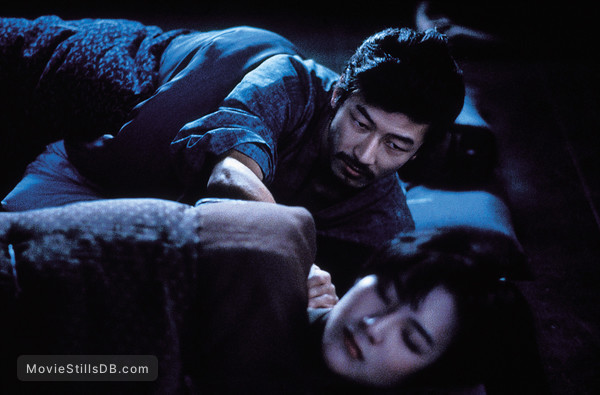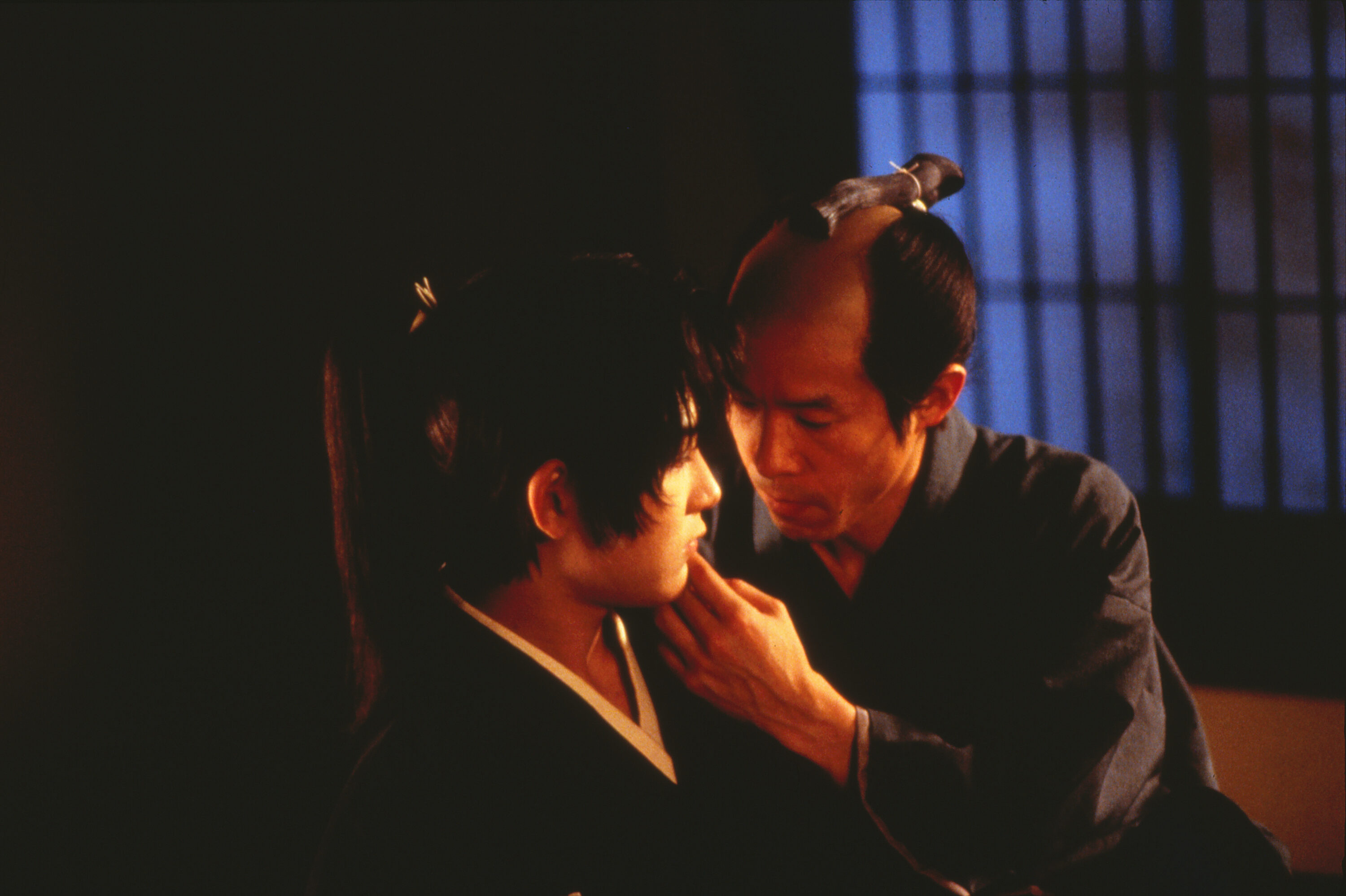Gohatto (1999), also known as Taboo, is a Japanese historical drama that explores the intersection of desire, discipline, and social order within the samurai world. Set in the late Edo period, the story centers around the arrival of a strikingly beautiful young samurai named Kano Sozaburo, who joins the elite Shinsengumi militia. His presence quickly stirs emotions among the other members, disrupting the tightly controlled masculine hierarchy with unspoken desires.
Captain Hijikata and Commander Kondo, the leaders of the Shinsengumi, begin to notice growing tensions within the ranks. Kano’s charm attracts not only admiration but jealousy and obsession from fellow samurai, threatening the unity and discipline of the group. The once strictly governed brotherhood begins to unravel as personal feelings start interfering with duty and loyalty.
The film delves into the quiet violence of repression, as romantic longing and unacknowledged emotions simmer beneath the surface. Scenes are minimalistic yet rich in tension, often using silence and stillness to express inner turmoil. The samurai code, built on honor and self-control, clashes with forbidden desires, creating a slow-burning psychological drama.

Director Nagisa Oshima uses elegant cinematography and traditional settings to create a visually restrained but emotionally charged atmosphere. The film does not sensationalize its subject but rather treats the theme of same-sex attraction with subtlety and depth, inviting the audience to reflect on the boundaries of identity, control, and affection.

Gohatto stands out as a meditative film that questions the cost of suppressing one’s true self in the name of societal norms. It’s a story about love that cannot speak its name, set against a backdrop where even a moment of weakness could lead to deadly consequences.





